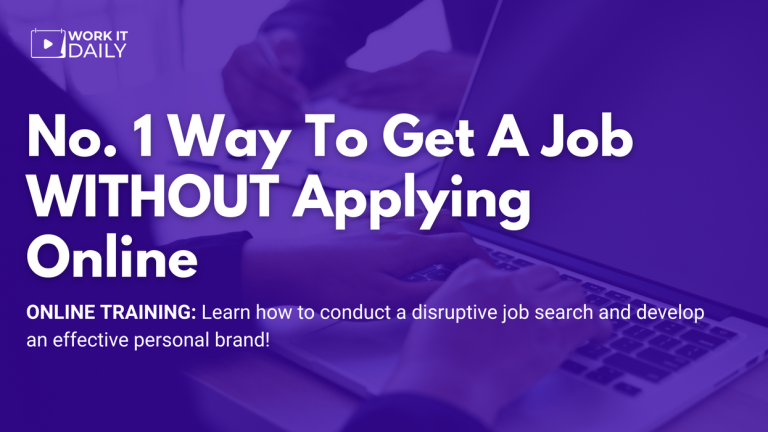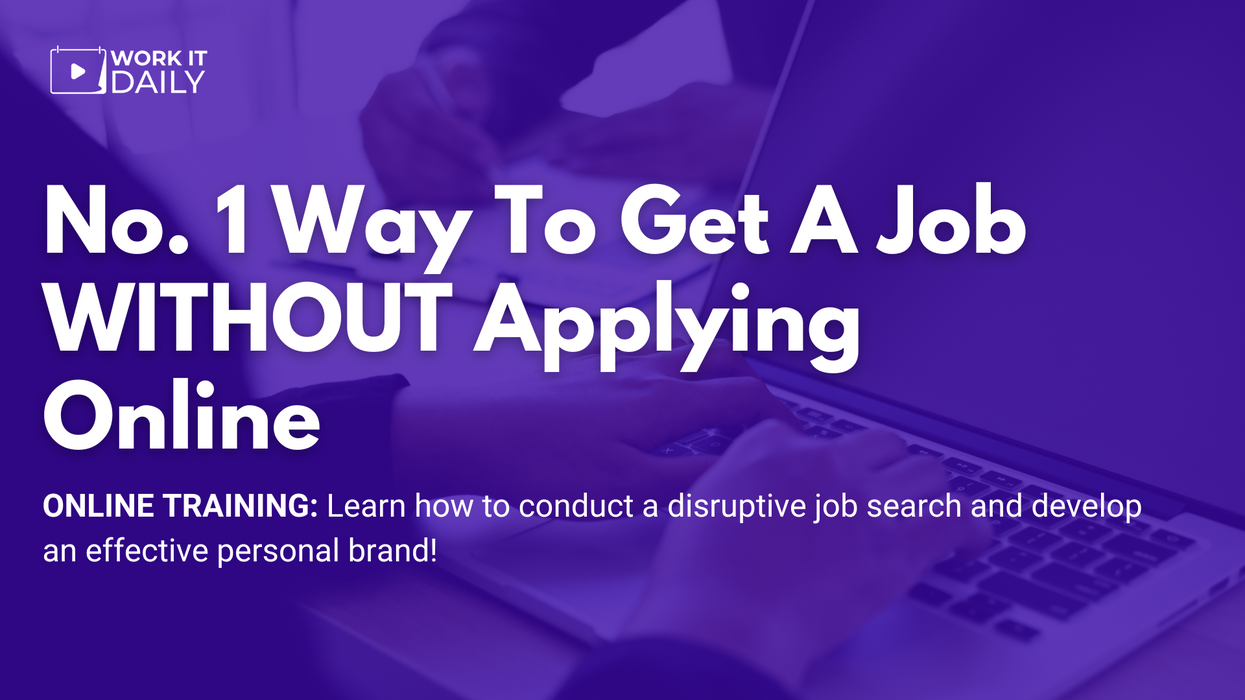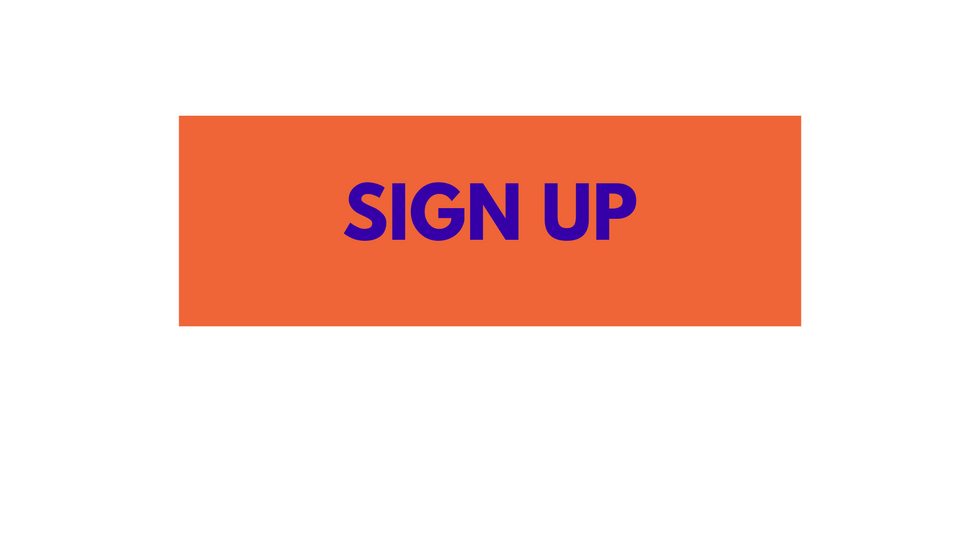Top 100 Most Powerful Resume Words

In today’s job marketplace, your resume is the very central document you possess to get your job application in the fingers from the hiring manager. In case you can’t get your individual resume past the OBTAIN THE, it doesn’t matter just how much experience or how great your cover letter will be. That’s why you have to be tactical and intentional concerning the words and phrases you include in ones resume.
The particular significance of Powerful Job application Words

When a hiring office manager is viewing the same kind of resume time in addition to time again (which consists of the cliché words and even phrases like “highly devoted individual” or “great group player”) you might be guaranteeing that will your resume is going to be thrown. Not only is this probably not optimized together with the right keywords, yet if you take up space using subjective statements, you’re lacking out on the opportunity to evaluate your experience , abilities, and accomplishments on the resume.
Poorly selected words and clichéd terms can destroy the eye associated with the reader. Powerful thoughts, when chosen correctly, might have the opposite effect regarding motivating and inspiring a reader.
Right here are the most effective resume words you ought to use to stay ahead of the main competition and increase your company likelihood of getting hired…
Top 100 Effective Resume Words

- Advanced
- Designated
- Assessed
- Absorbed
- Accelerated
- Achieved
- Attracted
- Announced
- Appraised
- Budgeted
- Bolstered
- Balanced
- Boosted
- Bargained
- Benefited
- Beneficial
- Comply
- Critiqued
- Closed
- Collaborated
- Designed
- Assigned
- Demonstrated
- Developed
- Detected
- Effective
- Enhanced
- Excelled
- Exceeded
- Rampacked
- Fulfilled
- Financed
- Forecasted
- Developed
- Generated
- Guided
- Granted
- Assisted
- Hosted
- Implemented
- Investigated
- Improved
- Initiated
- Influenced
- Integrated
- Electricity costs
- Instituted
- Justified
- Listed
- Logged
- Maintained
- Mentored
- Measured
- Increased
- Negotiated
- Observed
- Operated
- Acquired
- Promoted
- Presented
- Programmed
- Offered
- Projected
- Qualified
- Quantified
- Cited
- Recommended
- Refine
- Revamp
- Responded
- Retained
- Recovered
- Reinstated
- Declined
- Sustained
- Skilled
- Saved
- Planned
- Supported
- Secured
- Simplified
- Tested
- Segmented
- Streamlined
- Strengthened
- Triumphed
- Troubleshot
- Taught
- Tutored
- Converted
- Trained
- Uncovered
- United
- Single
- Updated
- Upgraded
- Validated
- Seen
- Worldwide
- Witnessed
Typically the next time you’re composing your resume, be certain to include a number of the strong words above. Your job search depends on that!
Need more assist with your job lookup?
We would love it in the event you authorized up for Work This Daily’s Event Subscription ! Get a career questions clarified inside our next live occasion!
This particular article was originally released at an earlier day.
























































